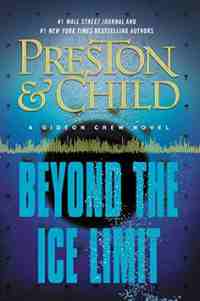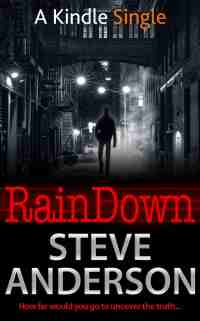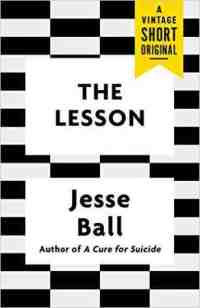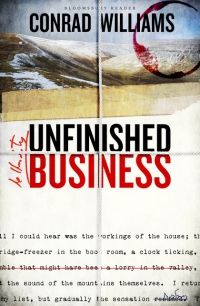Beyond the Ice Limit by Douglas Preston and Lincoln Child
 Monday, May 23, 2016 at 6:21AM
Monday, May 23, 2016 at 6:21AM 
Published by Grand Central Publishing on May 17, 2016
Beyond the Ice Limit is a sequel to The Ice Limit. It seems like the kind of book that is written for the purpose of selling movie rights. In fact, it would probably be an entertaining movie. It has a good amount of action and the kind of Earth-threatening alien monster that Hollywood producers adore. Books, on the other hand, give readers a chance to sit back and think about whether we’re willing to accept a ridiculous premise. I enjoyed Beyond the Ice Limit, but it really pushed the boundaries of my willingness to suspend disbelief.
Due to events described in The Ice Limit, a 25,000 ton alien seed sprouted on the ocean floor near Antarctica. The people who know of (and are partially responsible for) this event want to nuke the alien plant. They enlist Gideon Crew’s help because he’s an expert at nuking things.
The plot’s huge gap in logic (without revealing too much) involves how the alien propagates itself. To fulfill their destiny, the meteorite-size seeds need to sail aimlessly through space until they crash into a planet with an ocean (apparently any ocean will do). But the planet must be populated by creatures with compatible brains (human brains, for instance) and those brains must come into contact with the underwater seed that sprouts from the meteorite. Now how often is that going to happen? As a propagation strategy, this one seems unlikely to work even once.
Plot tidbits include a huge alien mouth capable of inhaling submarines, the voice of an apparently dead person transmitted underwater several seconds after the death occurs, perfectly preserved underwater corpses (except for the ones that are headless), whale songs in translation, and alien worms that take over human bodies. The “aliens take over humans” thing has been done so often that I was disappointed to see it recycled here. In fact, too much of Beyond the Ice Limit seems like an unoriginal reboot of half-century old Voyage to the Bottom of the Sea episodes.
Having expressed my reservations, let me say that I enjoyed reading Beyond the Ice Limit despite its faults. It moves quickly, the action is reasonably exciting, and key characters are sympathetic. I particularly liked the epilogue, which displays more originality and depth than the rest of the novel. Because there are so many thrillers available that are better than this one, however, I can give Beyond the Ice Limit only a guarded recommendation.
RECOMMENDED WITH RESERVATIONS




